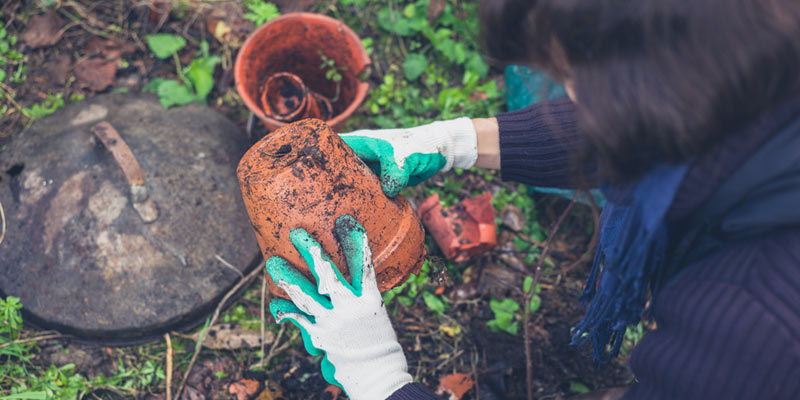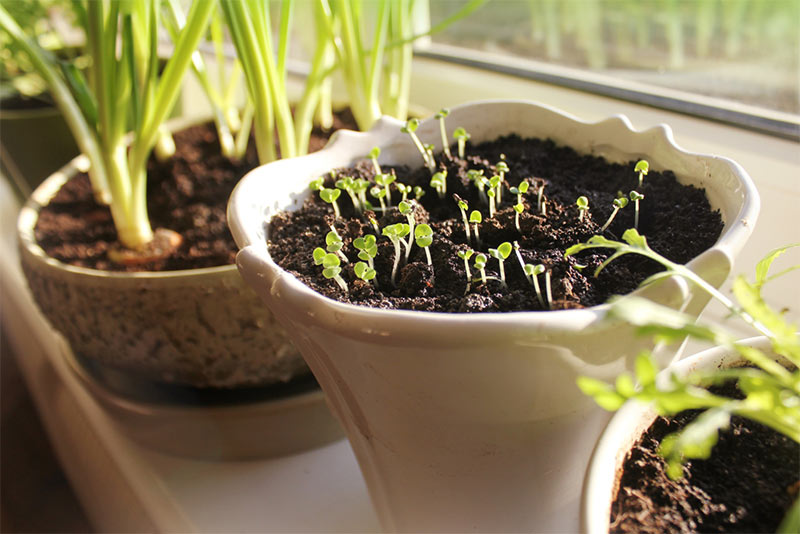
As the winter months creep ever closer, the need to get your garden ready for the chilly weather comes with it. Although there are many horticultural tasks you cannot undertake in winter, here are some from homeware and garden equipment retailer Andrew James, which are a necessity.
Winter Veggies
Any seasoned gardener knows, that sowing seeds at the right time can be crucial for guaranteeing success. You should have already got your winter vegetables growing underway, but how do you ensure they are safe from frostbite? Root vegetables should be covered with a layer (roughly 15cm) of straw, or dry leaves, to help protect them from wintery conditions. This way, they can be easily harvested throughout the winter without any issue!
Gardening Tip: If snow is forecast, you can cover your plants with carpet to stop the snow from settling on them!
Winter Gardening Indoors
Before the temperatures fall below freezing, pot and move the plants that you can indoors. This is usually done for flora such as tropical houseplants which have either, a low tolerance for cold temperatures, or that have been manually moved into the garden during the summer. When bringing your plants indoors, make sure you’ve checked them thoroughly for insects such as aphids, and spider mites. These pests can spread once in your home and infest other plants.
Gardening Tip: As always when repotting, ensure the container you’re moving the plant to is at least 2 inches larger than the container it came from.
Winter Herb Gardening
The thought that herbs are too delicate to be winter garden plants is absurd. Yes, there are herbs which will die (basil for example), but the following herbs (Rosemary, sage, thyme, parsley and mint) can withstand the cold well enough to survive whatever the winter weather throws at them. Although there will be very little growth during the winter months, you will see them flourish once spring arrives, essentially when your gardening calendar starts again.
Garden Ideas and Care
Winter is the ideal time to start planning what you want to do in your garden during the next year. As your plants lie dormant, you will be able to see where there are gaps in the fences and hedges. It’s also the best season to clean and maintain your garden tools and equipment, due to the lack of use they will receive during winter. Pop them in your shed or outhouse to ensure their condition doesn’t deteriorate. Before the first frost hits, it’s necessary that you dead head and prune your plants as you see fit. This is one of the fundamentals in ‘how to garden’ as it will leave your plants n the best possible condition for growing in the following year.
Winter Wildlife
By taking care of the wildlife in your garden, they will repay you in the most beneficial way possible: by eradicating pests from your garden. Throughout the winter, try to place fat blocks and food around your garden to not only help local wildlife survive, but to create the impression that your garden is a safe haven – one they are likely to return to in the future!

